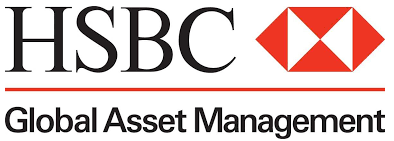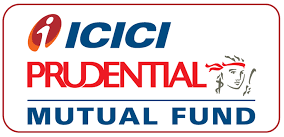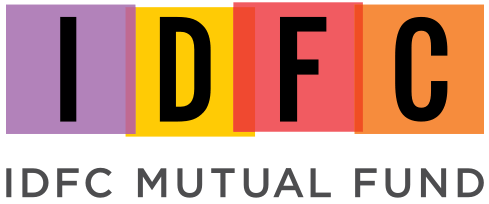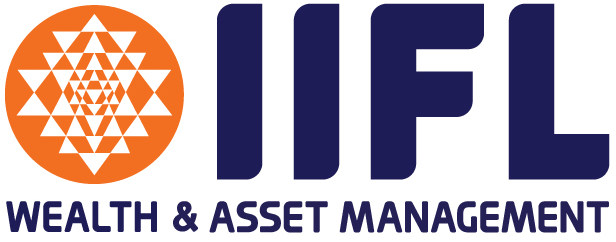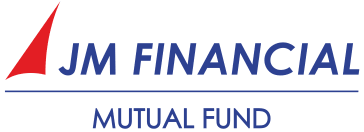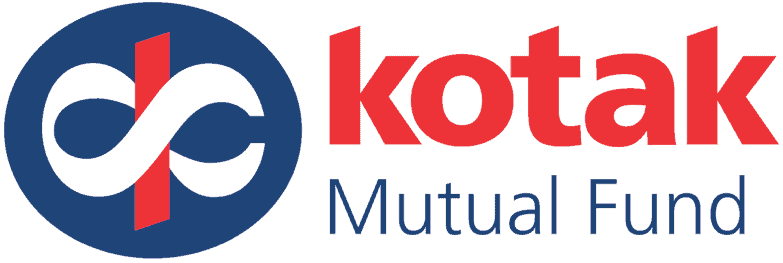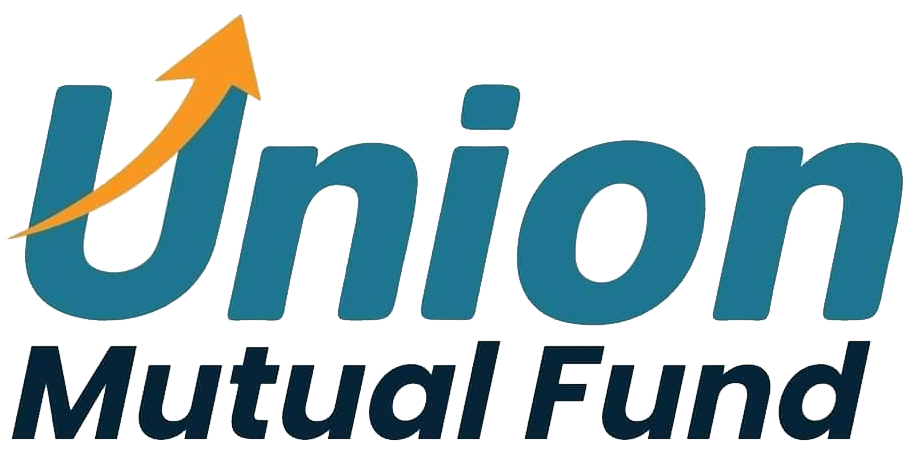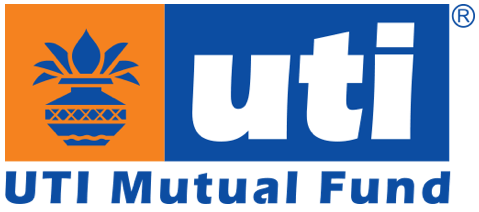If you want to generate wealth over long term, then your money should be working while you sleep. It works always with Stock Market. Stock market is risky and now a days you need to analyse too much before you invest for long term. It is not possible to everyone. It can be easily achieve with Mutual Funds investment. The Fund management team is expert, equipped and working full time for wealth genertion of your investment. Mutual Fund is a calculated risk and long term vision tool to generate wealth with the experts help. That is why Mutual Funds are called as "Mutual Fund Sahi Hai!".













